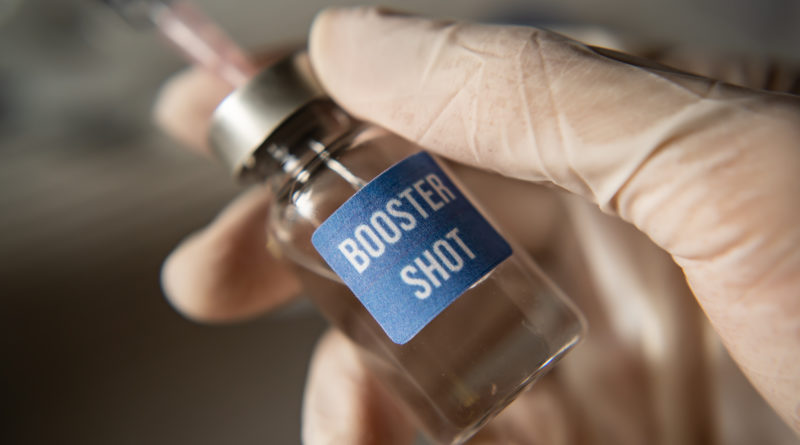Will We Need Vaccine Booster Shots?
16,430 total views, 1 views today
Recently, the Centers for Disease Control and Prevention (CDC) and Food and Drug Administration (FDA) have weighed in on the need for vaccine booster shots. Their opinions come as concerning COVID-19 variants are on the rise and mask mandates are changing in many states. They also come as an increasingly large portion of the U.S. receives both shots of the vaccine – but will the protection last? Below, find out whether booster shots will be needed.
What does the CDC say?
The CDC states that a patient is considered fully vaccinated two weeks after a two-dose mRNA COVID-19 vaccine series or two weeks after a single-dose vaccine. No additional doses are recommended at this time.
Currently, Pfizer is seeking FDA approval for a third round of vaccinations. According to the leading vaccine provider’s research, its third shot could make people’s antibodies multiply tenfold. The CDC claims vaccination is safe for patients with underlying medical conditions, people with autoimmune conditions, and people who are immunocompromised.
A pediatrician at Stanford University and a member of the CDC’s Advisory Committee on Immunization Practices have given alternate reasons for the CDC’s reluctance to recommend booster shots. These figures have said that the FDA’s pending approval for the booster shots are due to economic reasons.
What do vaccine providers say?
Pfizer vaccines are authorized and recommended for those 12 years old and older. Recipients should still get vaccinated with just two doses, one original dose and then a second dose three weeks later.
The Johnson & Johnson vaccine is recommended for those over 18 years of age, with just one shot still the suggested regimen. The CDC recently announced that this vaccine is not interchangeable with other COVID-19 vaccines. The health organization strongly recommends that you not mix vaccine doses, as there is no research concerning the safety and effectiveness of doing so.
Moderna vaccines are authorized for those 18 and older. As with Pfizer, a two-dose series is currently recommended, with each shot administered one month to six weeks apart. The Moderna COVID-19 vaccine is deemed safe for those with compromised immune systems and other underlying or pre-existing medical conditions.
Why would booster shots be necessary?
Although most vaccines have been shown to be effective against the Delta strain, researchers are unsure of how long these protections will last. However, the Virus and Immunity Unit at the Institut Pasteur in Paris published a scientific article yesterday suggesting that two doses of the Pfizer vaccine offer long-lasting immunity. This immunity falters with just a single dose of the vaccine.
How well are vaccines working so far?
Decreases in COVID-related deaths have been attributed to high rates of vaccination despite Delta infections having slightly increased in the last week. Breakthrough cases, in which the virus bypasses the vaccine, almost always show only mild symptoms and are very rare.
On June 23, 2021, the Advisory Committee on Immunization Practices (ACIP) of the CDC met to review reported cases of myocarditis or pericarditis in mRNA vaccine recipients. These conditions have occurred predominantly in males aged 12 to 29 years old, with symptoms typically developing within a few days after the second dose of the vaccine. Seemingly due to these results, a joint statement from the CDC and FDA states that those who have been fully vaccinated don’t need a booster shot at this point in time.

